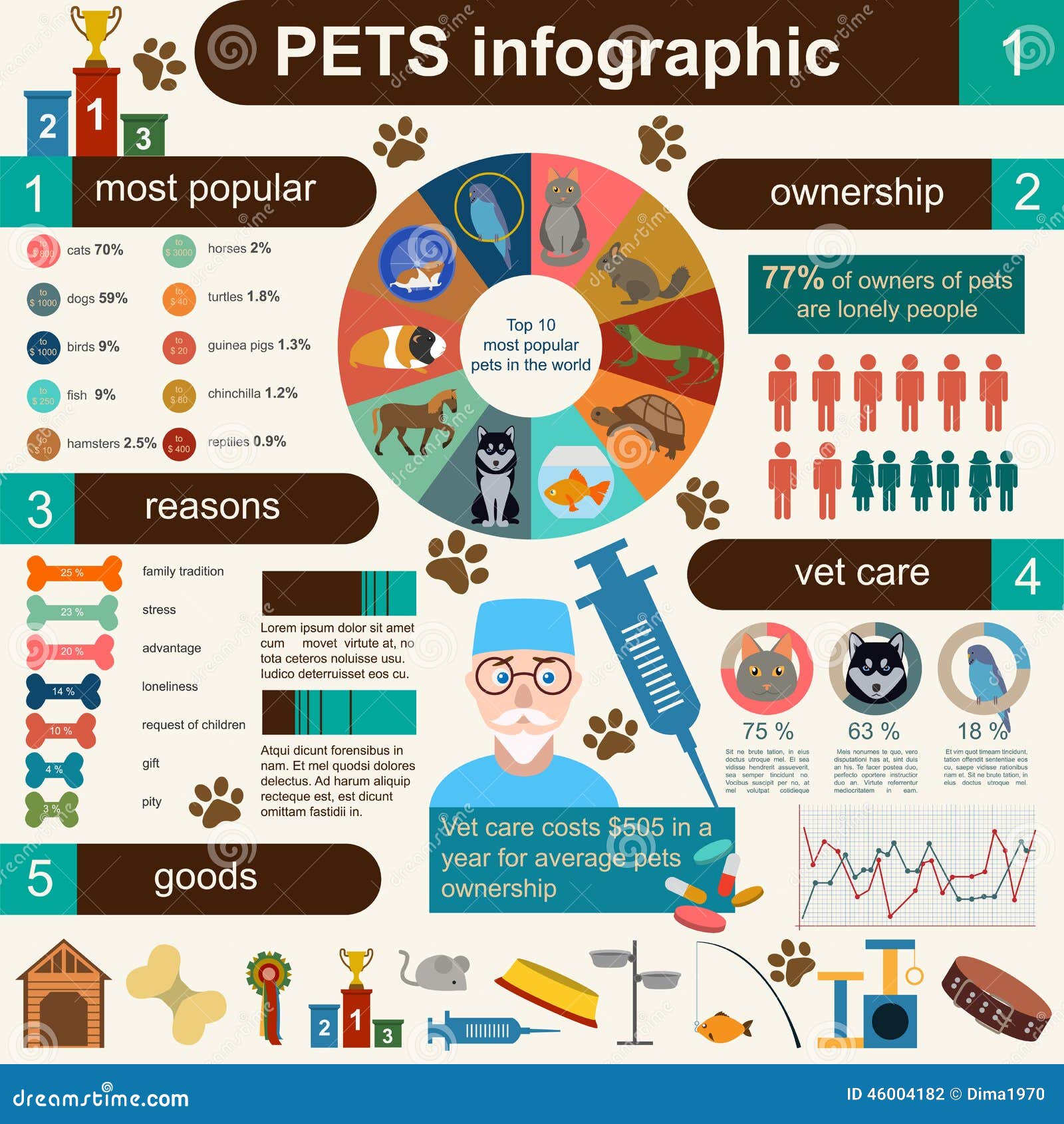Questions To Ask During Dog Daycare Tour
Questions To Ask During Dog Daycare Tour
Blog Article
Can Dog Daycare Cause Ailment?
Possibilities are that if your canine is routinely revealed to various other canines, even if they're properly immunized, they may come home with some sort of disease. Inoculations, routine veterinary check-ups, and good health methods can minimize threat elements for infection and condition.
Worried or distressed pet dogs can create stomach troubles and other health issues that are easily spread out between dogs. Establishing age restrictions and behavioral regulations can help ensure that only healthy dogs enter your center.
Distemper
Canine distemper is a significant and often deadly infection that strikes a pet's respiratory system, digestive system, skin and body immune systems. Pups are specifically at risk and can get the condition with direct contact with an infected animal or through the airborne transmission of virus fragments produced during coughing, sneezing or taking a breath.
The incubation duration for canine distemper is in between 3 and 7 days. While young puppies at day care may seem to capture parvo from an additional contaminated pet dog, it's unlikely since the incubation period is so brief.
While there is no treatment for canine distemper, encouraging care can help dogs recover. This consists of liquids, prescription antibiotics and medications to control seizures. The Drake Center for Vet Treatment notes that symptoms include dripping eyes and nose, looseness of the bowels, vomiting, loss of appetite and neurological problems such as twitching and shakes. Young puppies need a full inoculation collection and yearly boosters to protect them versus this condition, which is why respectable doggy daycare facilities call for updated vaccinations.
Kennel Cough
Kennel Coughing (Dog Infectious Tracheobronchitis) is a highly transmittable upper respiratory condition brought on by germs and viruses. It spreads out with airborne beads from a cough or sneeze, direct call, and sharing of infected items such as toys or water bowls. It is native to the island in places where many pets are housed close together, such as kennels, pet dog parks, grooming hair salons and programs. Several vaccinations are offered to safeguard versus the microorganisms that cause kennel coughing, and correct hygiene practices can assist avoid infection.
The classic sign is a dry, hacking coughing similar to that of a goose honk, and most pet dogs recuperate with little intervention. Nevertheless, severe instances can result in pneumonia, and puppies or pet dogs with pre-existing illness go to higher threat for issues. To speed up recuperation, use a harness as opposed to a collar while your pet dog is recovering to stay clear of irritation to the windpipe. A humidifier might likewise help to dampen the air and prevent completely dry coughing.
Parvovirus
Parvovirus (CPV) is a major condition in canines. It resembles feline panleukopenia (feline distemper), however dog days daycare & boarding it's much more dangerous and can spread promptly among pets because of its extremely durable nature.
This virus strikes the intestinal lining of a pet dog, damaging it and causing germs to dismiss into the bloodstream. The weakened body immune system and frustrating microorganisms result in septic shock, which is normally deadly.
Fortunately, veterinary health centers provide reliable therapy for parvovirus. These drugs are given straight right into an individual's blood stream and targeted towards the details strain of parvovirus. This therapy approach is highly reliable and assists re-train the immune system to eliminate off the infection. Canines with extreme symptoms are usually hospitalized for several days for surveillance and intensive care to guarantee their survival. Puppies, unvaccinated pet dogs and dogs with weak immune systems are specifically susceptible to parvovirus. This is particularly real for puppies birthed to roaming moms and sanctuary atmospheres, where they are revealed to many various other unwell and vulnerable pet dogs.
Pooch Influenza
Pooch influenza (CIV) is an infectious respiratory system disease that can be triggered by pets sharing contaminated surfaces or straight contact with respiratory secretions. CIV spreads quickly in settings where there are high varieties of dogs, such as pet dog parks, childcares, grooming facilities and veterinary centers.
Contaminated dogs dropped the infection through aerosol respiratory beads when coughing or sneezing, and might infect objects they enter contact with like cages, playthings, food bowls, chains and the hands and clothing of people who manage them. Pets can also be "silent providers" spreading out the infection without showing any type of signs themselves.
Signs and symptoms of canine flu consist of nasal and eye discharge, cough, fever, anorexia nervosa, and weak point. The infection can proceed to pneumonia, which can be fatal in some dogs. PCR viral testing is offered for verification of infection. Preferably, examples (generally deep nasal or pharyngeal swabs) for PCR testing should be gathered within 4 days of the start of clinical signs.